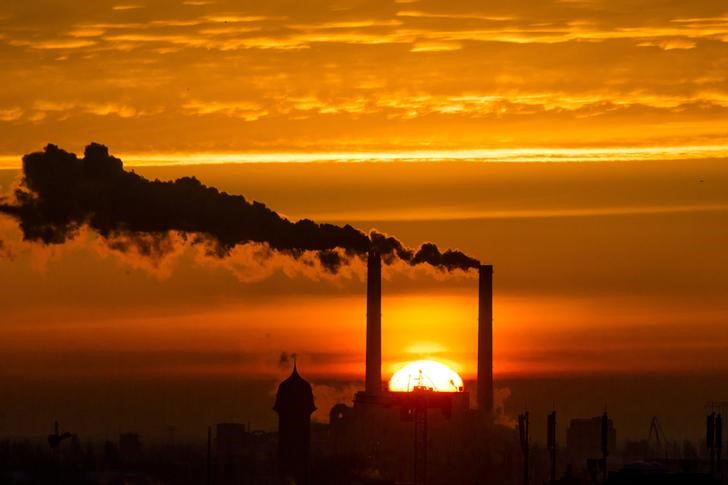German production growing recession is not expected
2023.01.09 03:48

German production growing recession is not expected
Budrigannews.com – In November, industrial production in Europe’s manufacturing heart increased, raising hopes that the recession that many predicted may actually be shallow.
The German statistics office Destatis reported a 0.2% month-over-month increase, partially reversing an October decline of 0.4%. However, the number from the previous month was revised down from the initial 0.1% decline.
The figures come at the end of a year that was a blur for German industry, which is still working its way through an energy crisis brought on by Russia’s February invasion of Ukraine. From a year earlier, output was down 0.4%.
Nevertheless, the figures add to the tentative indications that the energy crisis is beginning to lose some of its bite. Government support measures to cap prices, in conjunction with unusually warm temperatures that have reduced heating demand, have pushed electricity prices well below their mid-2022 hikes.
The head of the energy grid operator Bundesnetzagentur, Klaus Mueller, told the newspaper Bild over the weekend that he has almost completely ruled out the possibility of gas rationing this winter. He cited the fact that storage facilities are still more than 90% full due to the warm weather.
According to Destatis, energy-intensive industries like the chemical industry saw 0.2% month-over-month growth, but it was down 12.9% from a year earlier. Over three-quarters of Germany’s total industrial energy demand comes from these industries, which also contribute more than 20% of Germany’s economy’s gross value added.
Capital goods output increased by 0.7 percent, while intermediate goods production increased by 1.1%. Consumer goods production, on the other hand, decreased by 1.5%.
In parallel, freight rates are dropping sharply and lead times are also decreasing, as reported in the country’s business surveys, easing the global supply chain bottlenecks that have harmed Germany’s export-heavy industry.
Carsten Brzeski, a German economist for ING, warned that despite early indications of a turnaround, the economy is still under pressure.
“The sharp drop in new orders, the inventory build-up in recent months, the lagged impact of high energy prices, and potential supply chain frictions as a result of China’s Covid policies all bode ill for the short-term outlook,” Brzeski stated in a note to clients. “Despite the recent return to optimism as illustrated by improving sentiment indicators.”
More German business expects production decline in 2023
The news had a positive effect on the euro, which rose to its highest level against the dollar in a week. The euro was at $1.0685 at 03:20 ET (08:20 GMT), up 0.4 percent for the day.








